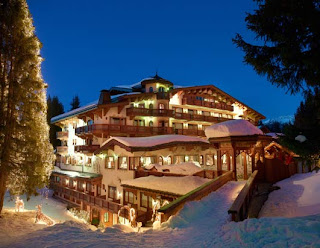"Sitting there in the back seat, I wanted to find some way to let her know how I felt, a compliment of some sort, but all I could manage was a stupid comment about the cap. 'Jeez,' I must've said, 'what a cap'" (pg 217).

The final chapter was my favorite BY FAR! I wish Tim O'Brien would write a novel entirely about Linda. Their relationship is adorable and touching. He couldn't have ended the novel in a better way. This quote shows his youthful innocence. He has no idea why Linda is wearing that cap; all he knows is that he loves her and thinks she looks beautiful in it. I could have killed Nick Veenhof when he pulled her cap off. She's just a sick little girl that is trying to go on with life as best as possible, and he has to embarrass her like that. Considering he was a child and had no idea what he was doing makes it better, but I couldn't believe it. Then after she dies, Tim goes to sleep just so he can be with her! It's precious. That is something that could honestly make me cry. All in all, I liked "The Things They Carried" so much more than "The Sun Also Rises." Kudos O'Brien! Try again Hemingway!





